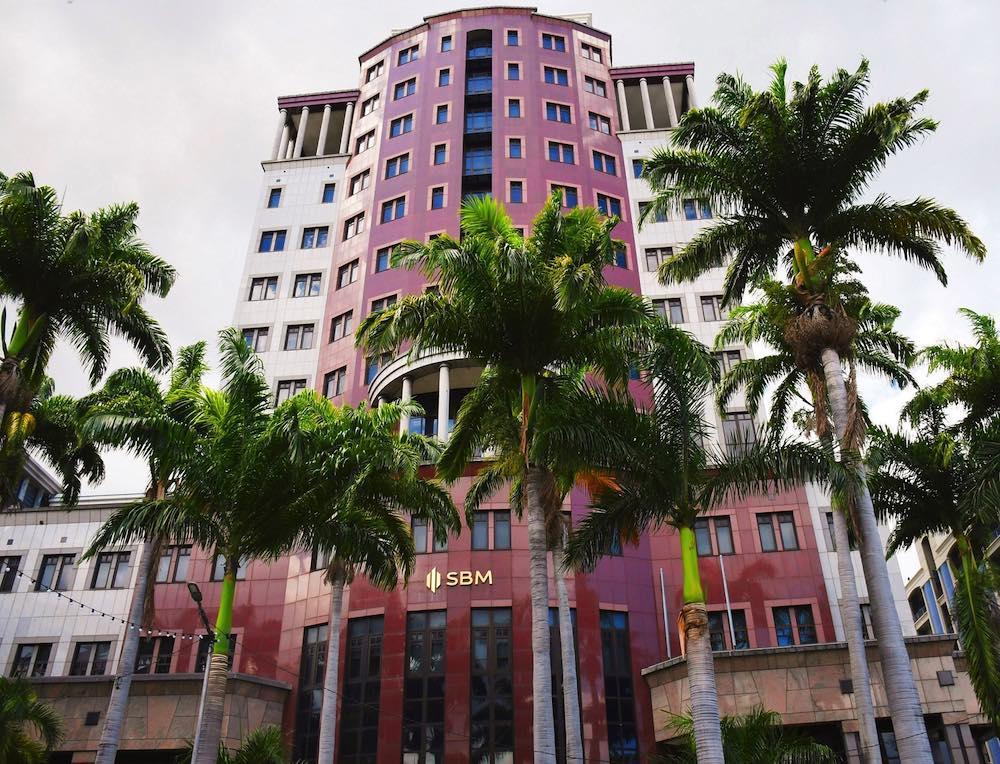Africa-Press – Mauritius. The groupe SBM, which published yesterday the 18th edition of SBM Insights, an economic analysis bulletin, offers an updated reading of the local macroeconomic situation. These forecasts take into account government reforms and the evolution of a global environment marked by rising protectionism and increased trade fragmentation.
According to the latest SBM Insights estimates, real GDP growth is expected to reach 3.2% in 2025. This figure, established in a gloomy global context with local dynamics, reflects a resilient economy with solid fundamentals, despite a slight slowdown compared to 2024 forecasts. These estimates also slightly exceed those of Statistics Mauritius. The report anticipates inflation to be around 3.8% by the end of December 2025.
SBM Insights highlights that economic prospects rely on targeted public and private policies, reflecting the country’s ability to adapt to a demanding and volatile environment.
The report identifies several major challenges: (i) a gloomy and complex international economic and trade environment; (ii) local constraints linked to prolonged drought and climate change effects impacting production, trade, and consumer prices; and (iii) short-term but manageable challenges related to the implementation of a fiscal consolidation program, affecting overall demand.
“While real GDP growth is forecast at 3.2% this year according to our latest predictions, the government is implementing a bold but necessary fiscal consolidation program and has identified several structural reforms aimed at achieving its medium-term economic growth target of 4% to 5%. However, the Mauritian economy still faces multiple structural and demographic challenges that weigh on productivity and competitiveness,” states Nuvin Balloo, Group Chief Strategy Officer at SBM Holdings Ltd.
The report stresses the need for Mauritius to wisely implement the ongoing fiscal consolidation program. “As this edition of SBM Insights reminds us, the key to success lies in adopting an integrated and sustainable socio-economic vision while restoring fiscal leeway to support stable and sustainable economic growth. Therefore, the public and private sectors must remain vigilant and provide effective responses to address present and future challenges, relying on coherent planning, predictable strategies, and clear roadmaps. This requires strengthening decision-making and execution capacities to ensure that reform dynamics fully materialize on time,” he affirms.
For More News And Analysis About Mauritius Follow Africa-Press







